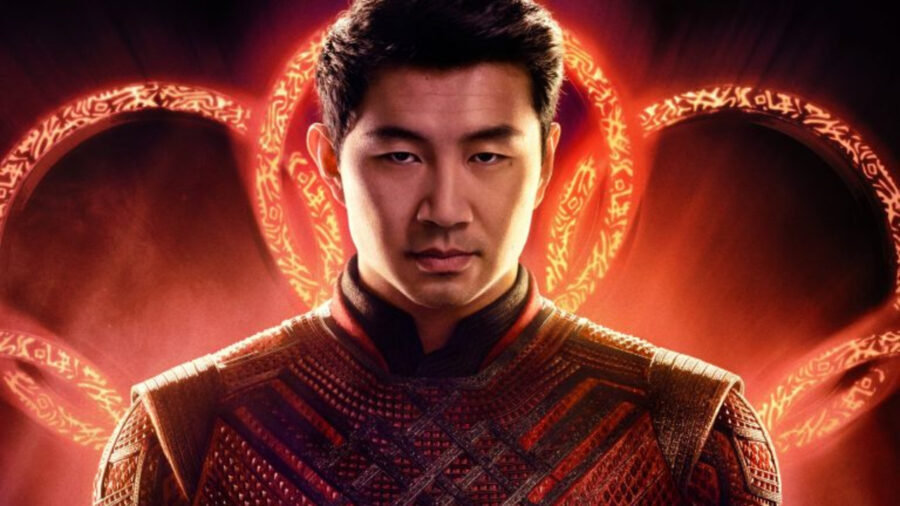China Is Banning Certain Types Of Actors From Working
China has enacted strict censorship laws that affect their actors.
This article is more than 2 years old

When it comes to the relationship between entertainment and China, it is pretty complex. When it comes to making a profit, it is a great place for both the film industry and the video game business to rake in serious cash. The problem is that the government has strict restrictions. Now the film industry will have to feel some extra issues as it is cracking down on “sissy idols,” “effeminate men,” and anything that is deemed “overly entertaining.”
The National Radio and Television Administration laid out its plans on Thursday (September 2). This would mean that all art and entertainment in China will face “further regulations.” A major part of this new development comes from the country’s Communist Party, which feels that the current entertainment climate is a bad influence for young people and that it is “polluting the social atmosphere.”
When it comes to these measures, we have some details about what it means to be “overly entertaining.” This means that restrictions will be placed to place more emphasis on “traditional Chinese culture, revolution culture, and socialist culture.” It will place a standard from authorities and avoid Internet personalities that are deemed too vulgar.

China also pushed its own media to spread a more positive message to audiences regarding the country’s values. Trade associations within television and other entertainment sectors will need to have more training and self-discipline.
The measures from China will call to marginalize people who have either broken laws or have gone against “public order” and the country’s values. It also called for the ban of “idol audition shows.” It will also ban major pay packages for celebrities to avoid fake contracts that let earnings be disguised and can lead to tax evasion.
This move lines with the goals of President Xi Jinping. Lately, decisions have been made to strengthen the Communist Party’s control over business, culture, education, and religion.

It has become harder for Hollywood to release movies in China, which has proven to be a major market to bolster earnings. Marvel Studios runs the biggest franchise in the world with the Marvel Cinematic Universe, and its first Asian-led movie Shang-Chi and the Legend of the Ten Rings, would seem like a huge hit in the country. However, a backlash toward the source material, which is outdated and stereotypical, has raised suspicion of the movie. That is why it does not have a release date there yet, as it is currently releasing in other countries.
Other issues with China and its strict rules have caused issues for LGBT-centered films. Despite homosexuality being decriminalized and no longer considered a mental illness since 1997, entertainment on gay characters still has issues. Call Me By Your Name and Bohemian Rhapsody both had issues getting approved, with some censorship having to take place.
The world of tech and entertainment will have a tougher time reaching China and its audience. It will require more adapting as so many movies need the country to break even or make a profit. It has become harder for the entertainment business during the pandemic, and having more regulations can hurt the industry around the world.









